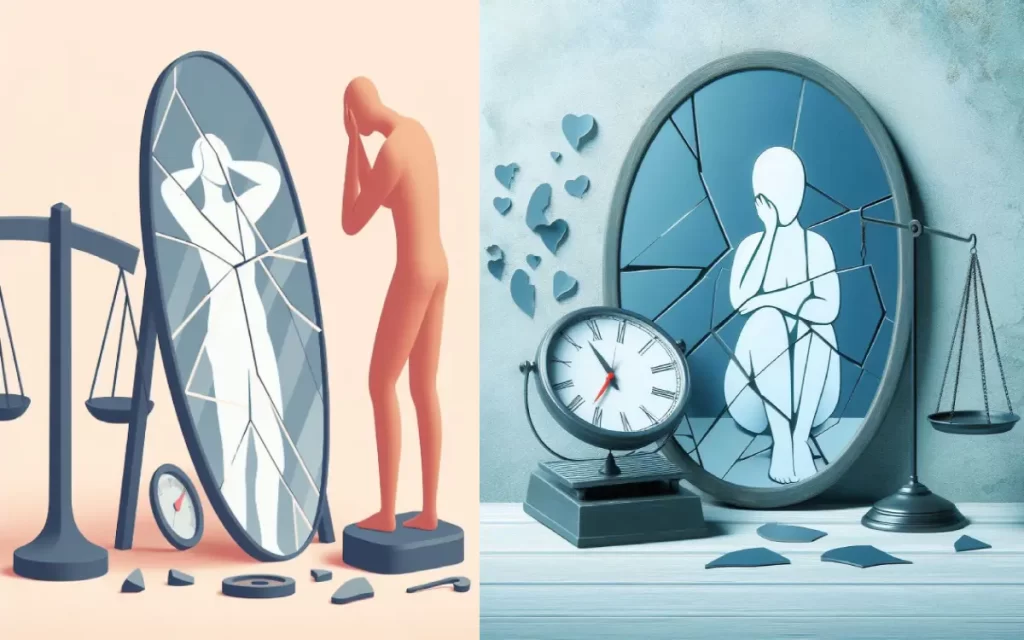Body shaming! It’s a term that’s likely crossed your path in some form or another. While it may seem like an issue confined to the internet, it’s a harsh reality that permeates our physical world as well. We find ourselves in an era where the virtual and real realms coexist, and the impact of the virtual world often leaves a heavy toll on our tangible reality.
In today’s society, body shaming is all too common. Girls are often targeted, labeled as resembling elephants if they’re deemed too heavy, or likened to giraffes if they’re perceived as too thin. But have we ever paused to consider, before passing judgment, whether these individuals have had a moment to truly see themselves in the mirror? Perhaps not. It’s a reflection of a deeper issue, one where self-reflection seems absent.
We’re quick to offer unsolicited advice, urging people to slim down before donning certain attire. Yet, what many fail to realize is the profound impact body shaming can have on mental health. Its effects manifest in various ways: from eating disorders and depression to anxiety, low self-esteem, and body dysmorphia. Ultimately, it breeds a pervasive sense of self-loathing.

As a mother, I’ve witnessed firsthand the myriad of changes a woman’s body undergoes, particularly after pregnancy. She may find herself transformed into a plus-size model, her once-defined curves now veiled beneath layers of postpartum weight. Yet, despite the physical transformations and the stretch marks that may adorn her abdomen, mothers endure silently, buoyed by the knowledge that they’ve nurtured life within them.
Maa’… This small word can work miracles. Hearing your child call you ‘Maa’ can make all the difference in so many ways.
Body shaming doesn’t discriminate based on gender; it can affect anyone. People are quick to pass judgment, often without considering the ramifications of their words. In our current societal landscape, there’s a prevailing belief that thinness equates to health and beauty. However, history tells a different story. Prior to the 1800s, plumpness was revered, symbolizing wealth and prosperity.
It’s time to put an end to this cycle of ridicule and speak out against body shaming. If you witness someone making derogatory comments about another’s appearance, gently remind them of the unkindness of their words. And if it’s a recurring issue among friends or loved ones, address it directly, highlighting the impact of their words on those around them.
Above all, remember the importance of self-love and acceptance. Embrace your body, regardless of societal standards. True fitness encompasses both physical and mental well-being. Consult professionals for guidance on your health journey, and don’t hesitate to seek support if body image concerns weigh heavily on your mind. Together, we can cultivate a culture of positivity and acceptance, where every body is celebrated for its uniqueness and resilience.



